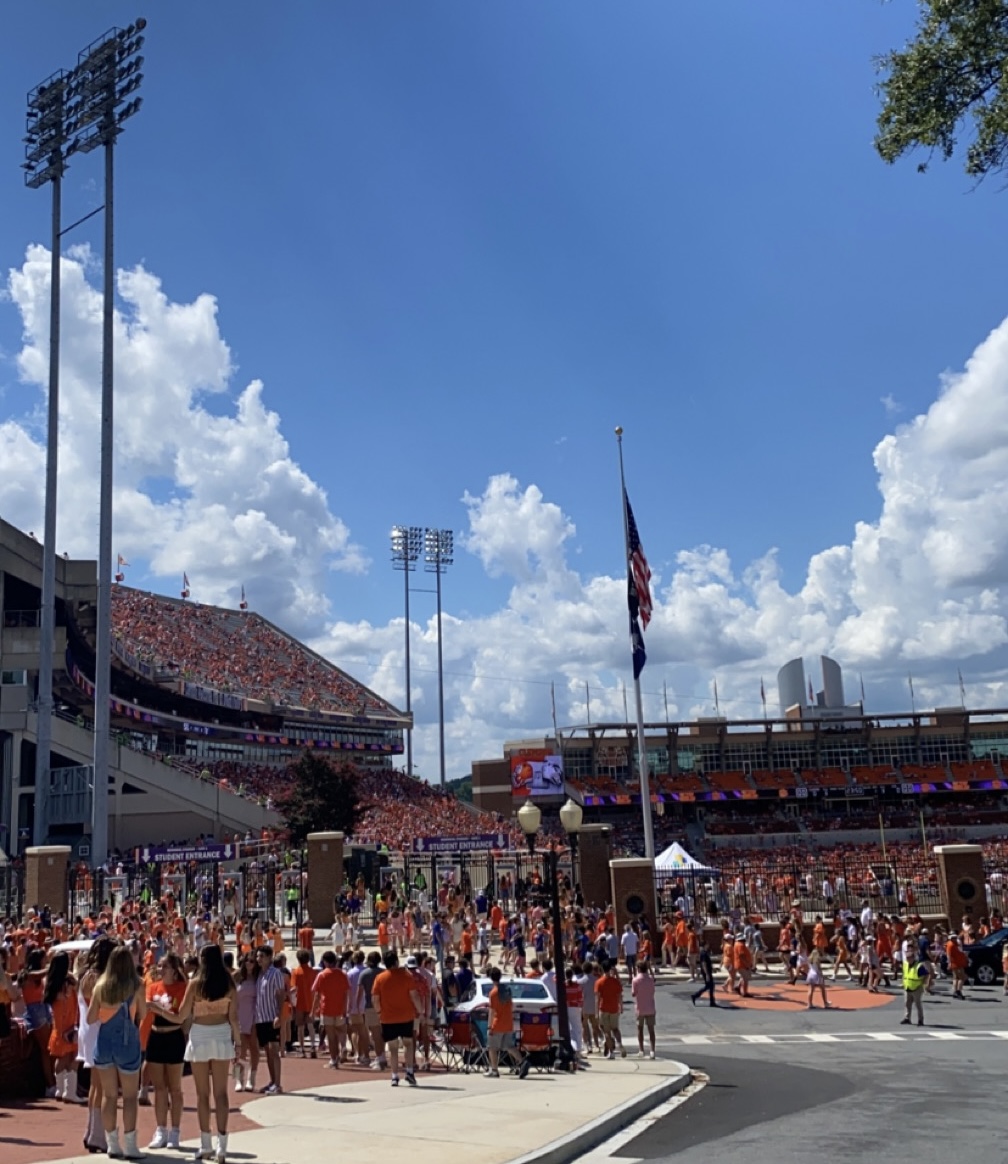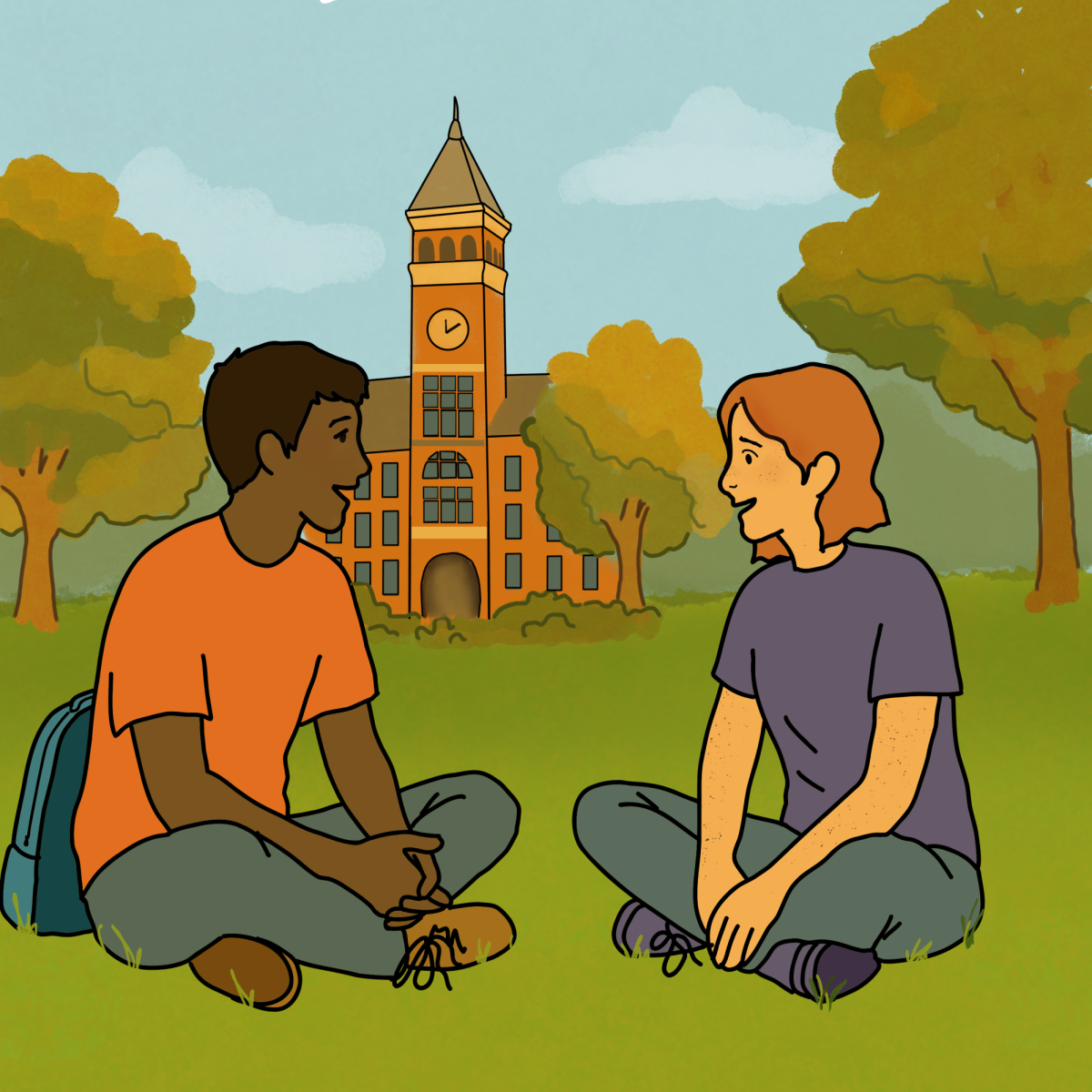Jay-Z’s music streaming service Tidal hit another pitfall this month after the botched release of Kanye West’s new album “The Life of Pablo” (TLOP). Sidestepping Kanye’s personal commitment to creating controversy, TLOP’s failed launch should be taken as a sign of what is to come for the service, even as more artists jump to become co-owners.
Unfortunately, the company is not keeping up with its major competitors, Spotify and Apple Music, because their underlying assumptions are wrong.
Tidal assumes that music-lovers will pay a premium so musicians will get what they rightly deserve. This is true to some degree, as evidenced by the crowd-funding website BandCamp. However, the music-loving layperson generally doesn’t have enough of an entertainment budget to subscribe to multiple streaming services.
Once purchased, the cost of switching to another service increases because the music library built in one music service needs to be transferred to the new service. Tidal’s main advantage — artist exclusives — may not be enough to encourage consumers to switch services, especially when pirated music is so
readily available.
As one of these laypeople, it is a little insulting to hear Jay-Z say in an interview with Billboard, “People are not respecting the music, and [are] devaluing it and devaluing what it really means. People really feel like music is free, but will pay $6 for water. You can drink water free out of the tap, and it’s good water. But they’re OK paying for it. It’s just the mind-set right now.”
In insulting loyal music-lovers, Jay-Z confuses respect with value. To begin, piracy is stealing; it shaves profits from artists and production companies that invested time, energy and money into creating a product. Listeners reveal how much they respect music through their downloading behavior. The most savvy music consumers know how to find an illegal copy of almost any music they might want, at no cost and little risk.
Because this alternative exists, the simple act of paying for music at all, whether through streaming services or album purchase, reveals at least in some way the consumer’s support of the artist. To use Jay-Z’s analogy, pirated music is the “free” tap water, and people who pay for water are the artist supporters. The fact that consumers make music purchases to begin with shows they care about musicians receiving the money they deserve for their work. People don’t feel that music is free; they know it is. That’s the mind-set right now.
This is a grim revelation, and one that has been killing the music industry since pirated music became so readily available. Musicians are now receiving the compensation that their fans believe they deserve in the current market.
This returns us to Tidal’s unfortunate assumption. Simply paying for music is the cost that music-lovers will take on to support their favorite artist. Once they decide to pay for their music, they will flock to the best service available. Whether song-streaming dividends to artists are generous does not matter to the consumer as much as the quality of the streaming service, which is where Tidal falls short.
Like most things, this brings us back to Kanye. The streaming company’s failure to execute on its only major competitive advantage reveals why Tidal is losing in the music streaming industry. Album exclusives from many top artists brought some new customers to Tidal, but the number of customers who were frustrated with the service’s disorganized releases, childish contractual spiffs and pay-only listening structure may overshadow this gain. The only way Tidal will survive against other services is if it locks down its organizational snags and respects the consumers of music enough to get them to switch.
Jay-Z may need to reevaluate his goal of putting the distribution of music in the hands of the musicians until they learn how to distribute it properly.







